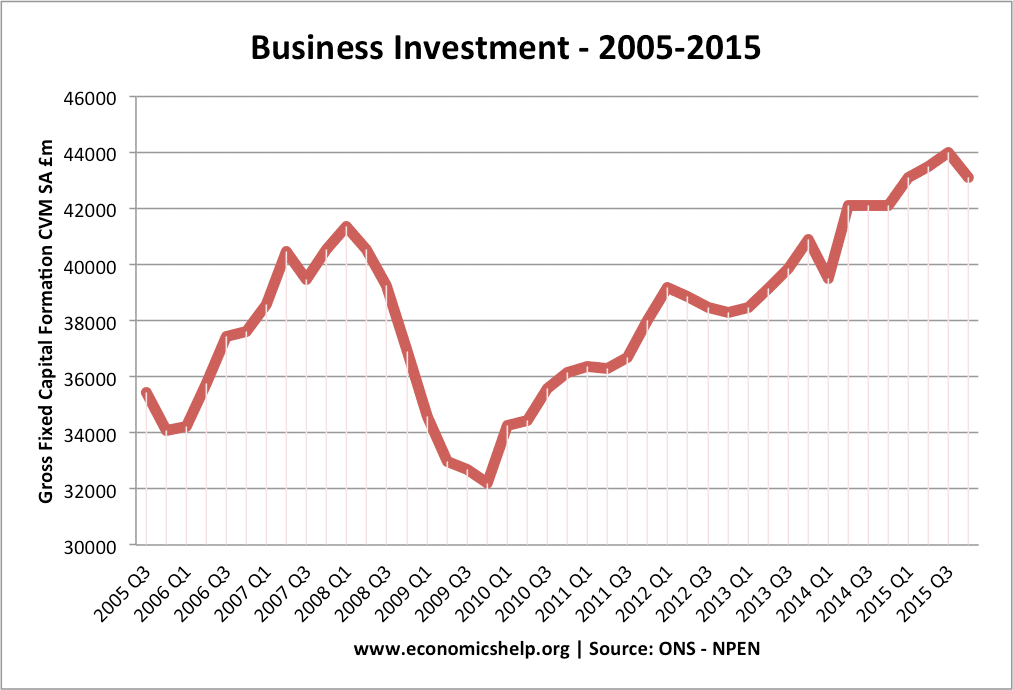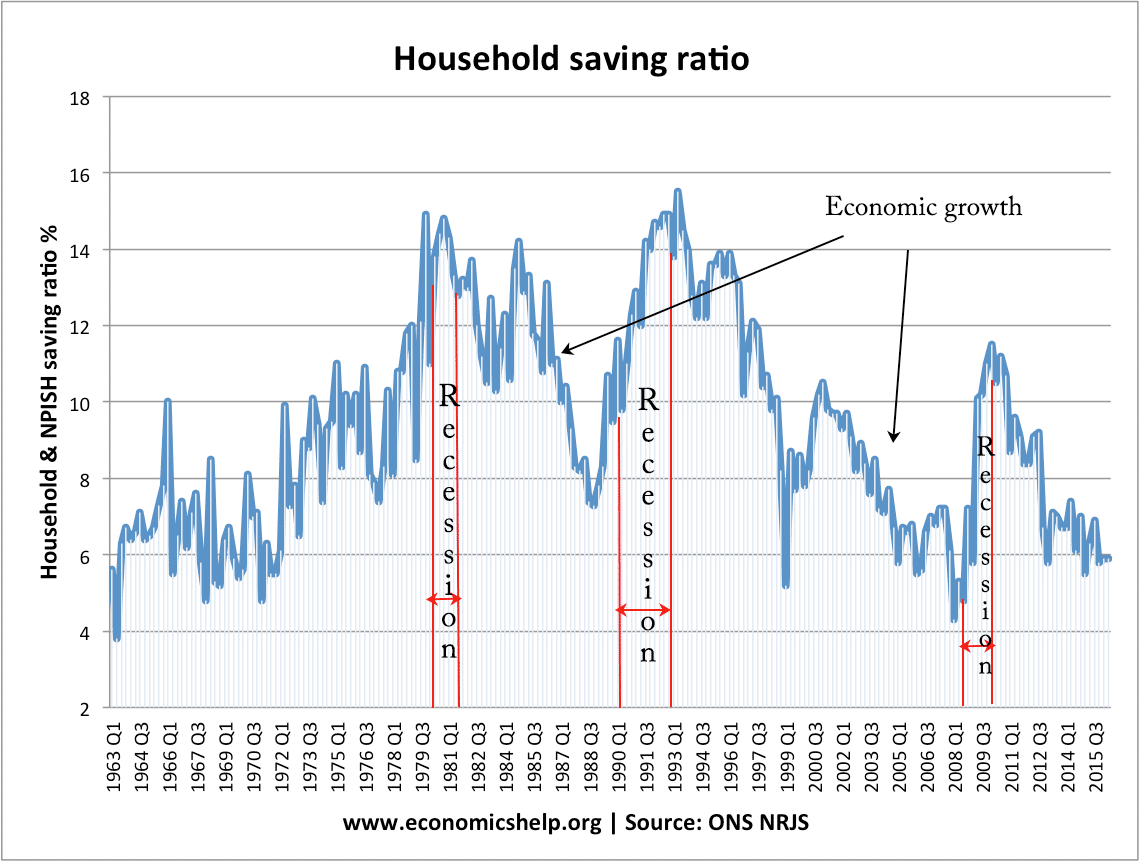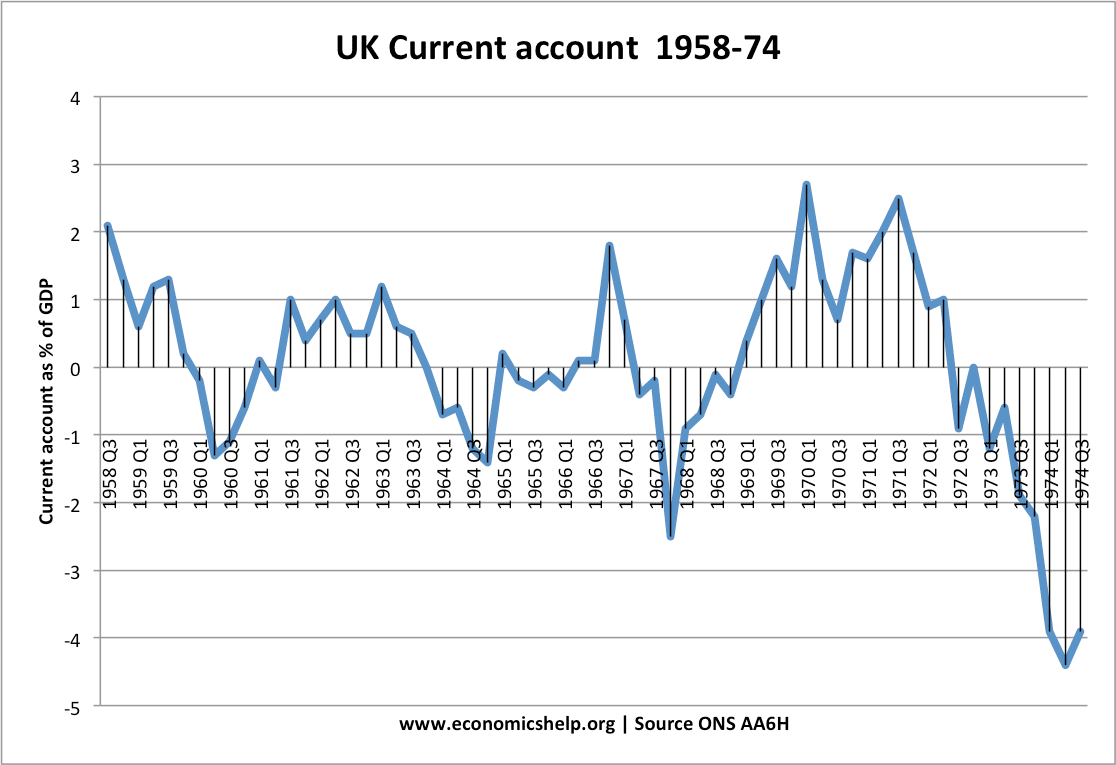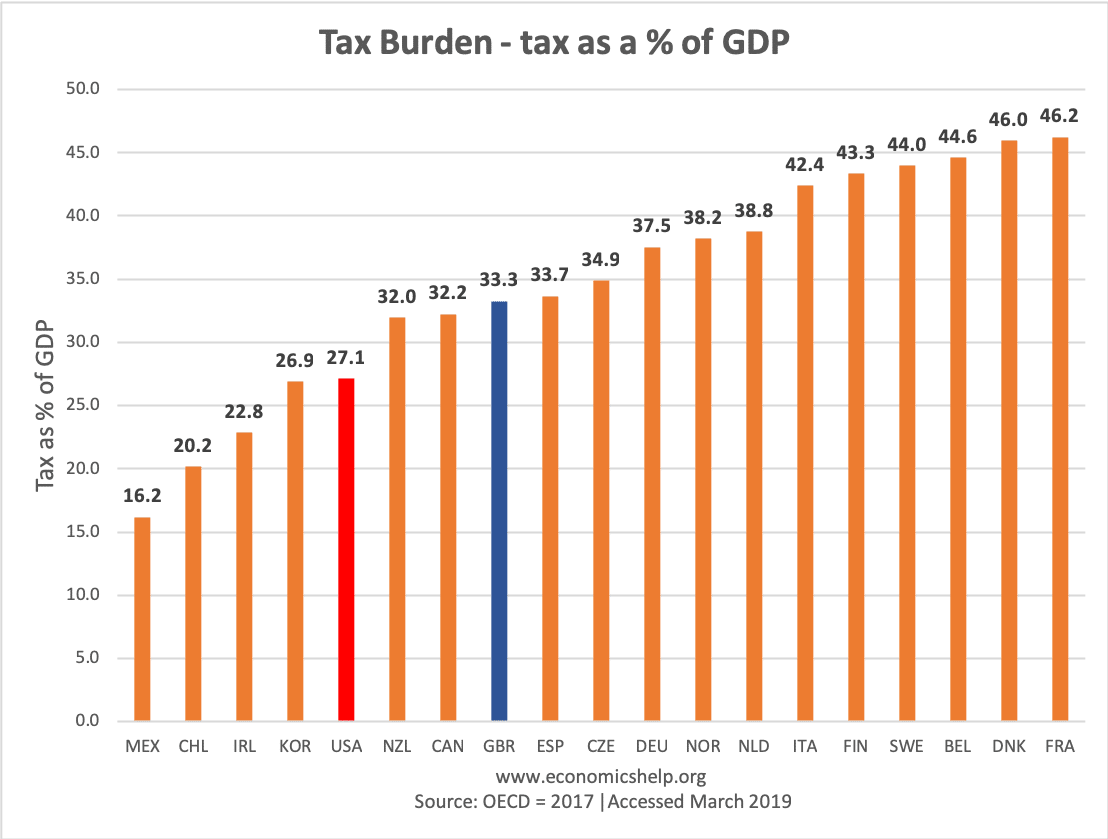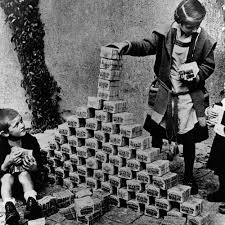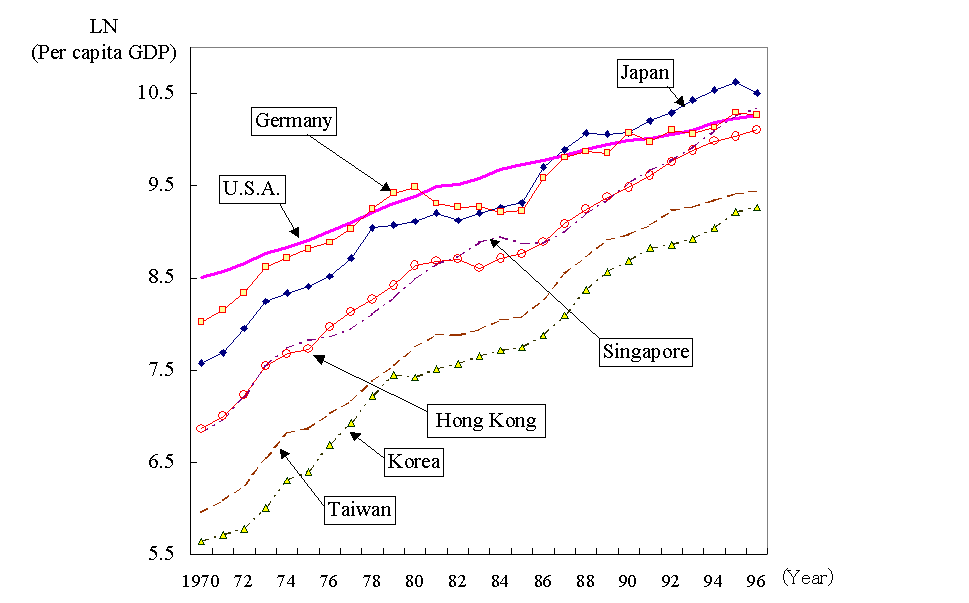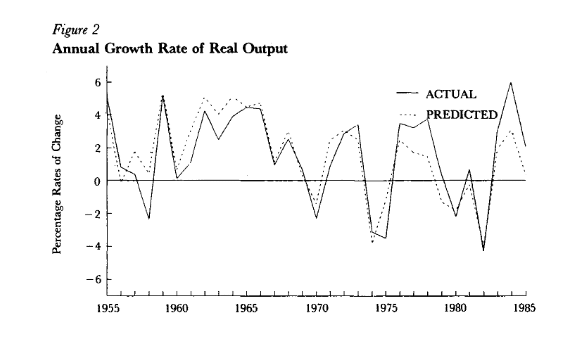Investment and economic growth
Investment influences the rate of economic growth because it is a component of aggregate demand (AD) and more importantly influences the productive capacity of the economy. (LRAS) An increase in investment should be a boost to economic growth. Readers Question: Discuss the importance of investment in increasing economic growth. Investment means expenditure on capital spending, …

